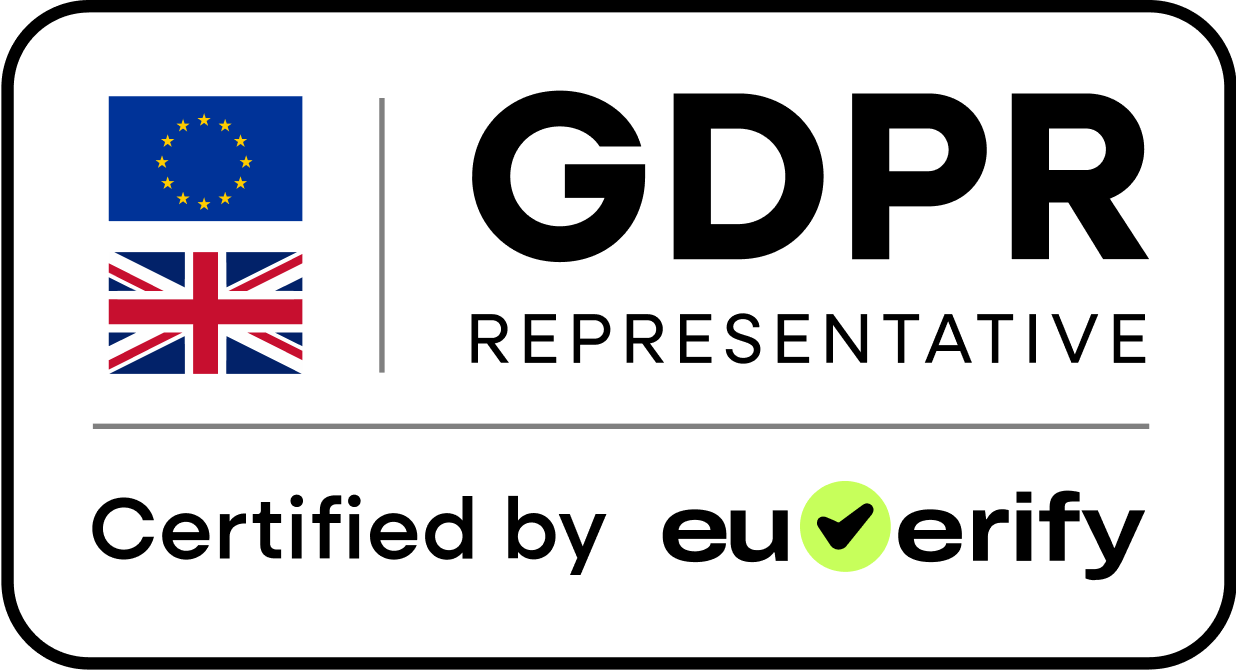What is VAT in the UAE, and how does it work?
VAT, or Value Added Tax, is a 5% consumption tax levied on most goods and services in the UAE. It's an indirect tax collected by businesses at each stage of the supply chain and ultimately borne by the end consumer.
VAT (Value Added Tax) is a consumption tax that was introduced in the UAE on January 1, 2018, at a standard rate of 5%.
How VAT Works
- It's levied on most goods and services throughout the UAE
- It's an indirect tax collected by businesses at each stage of the supply chain
- The tax is ultimately borne by the end consumer
- Businesses charge VAT on sales (output VAT) and reclaim VAT paid on purchases (input VAT)
- The difference is remitted to the Federal Tax Authority (FTA)
Key Features
- Standard rate: 5% across all UAE emirates
- Applies to Dubai, Abu Dhabi, Sharjah, Ajman, Umm Al Quwain, Ras Al Khaimah, and Fujairah
- Managed by the Federal Tax Authority (FTA)
- Uses the destination principle for imports and exports


